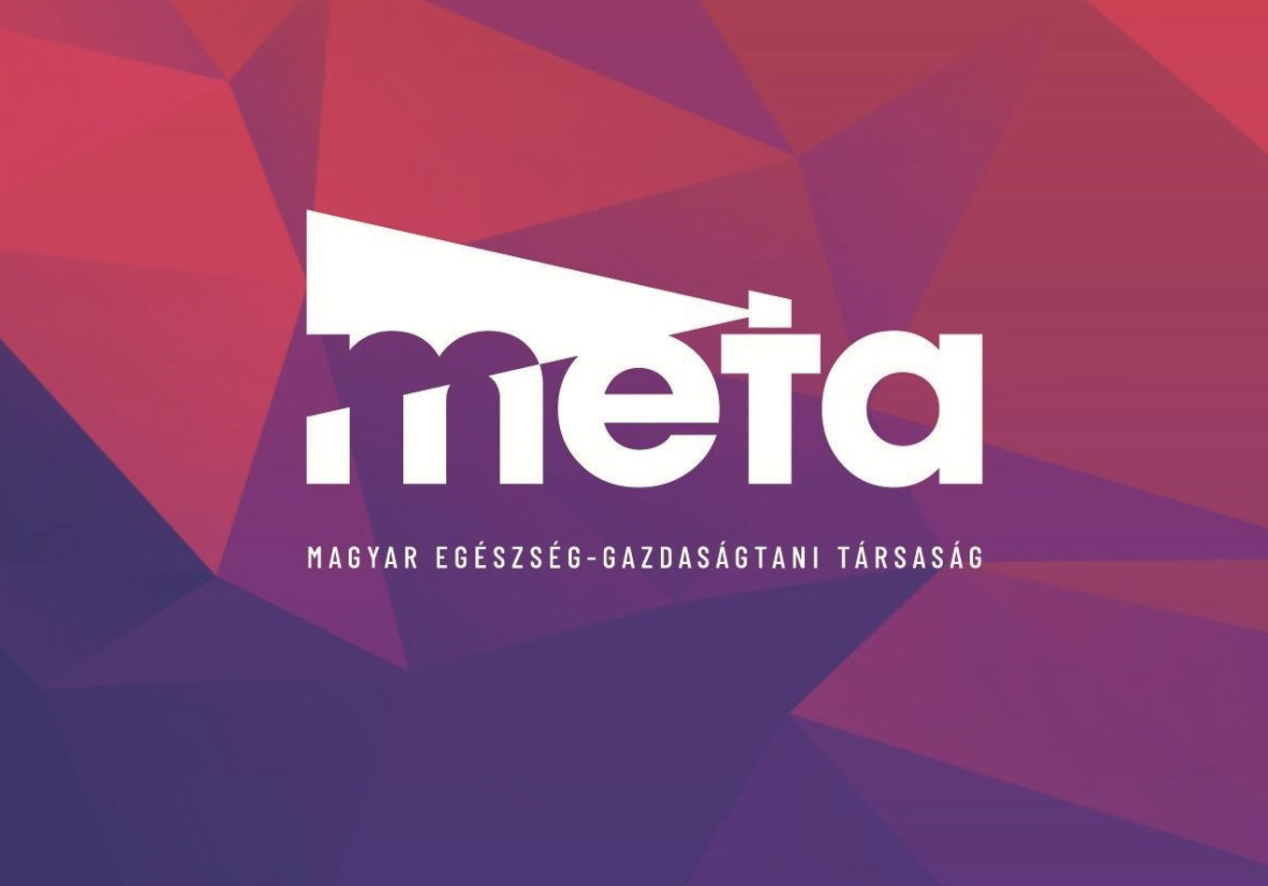Hungary’s government and pharmaceutical sector agreed to freeze prices on 44 common medicines at end-2024 levels until June 2026, aiming to curb inflation and protect families and pensioners from unjustified price hikes
Hungary has entered a voluntary agreement with pharmaceutical companies, wholesalers, and pharmacies to cap prices on 44 widely used medicines—34 popular over-the-counter (OTC) drugs and 10 prescription medicines not covered by public subsidies—at their December 31, 2024 levels until June 2026. This move, announced by the Ministry for National Economy, aims to contain inflation and safeguard the purchasing power of families and pensioners by curbing unjustified price increases. The initiative mirrors previous voluntary caps introduced in sectors such as banking, telecom, and insurance, and reflects a policy of intervention in consumer markets when price hikes are considered excessive.
The government negotiated with industry leaders, like the Association of Innovative Pharmaceutical Manufacturers (AIPM) and the Hungarian Chamber of Pharmacists, to secure this industry-wide commitment. The capped products include well-known medications such as ACC Long, Algopyrin, Aspirin Protect, Canesten, Neo Citran, No-Spa, Voltaren, and Magne B6, covering common cold remedies as well as specialized cardiovascular and gastrointestinal treatments. While the government prefers voluntary collaboration, it reiterated its readiness to take further steps if necessary. This strategy is part of a broader consumer protection and anti-inflation effort, particularly benefiting vulnerable groups such as families and the elderly, and builds on previous experiences of price checks in food, drugstore items, and household goods



